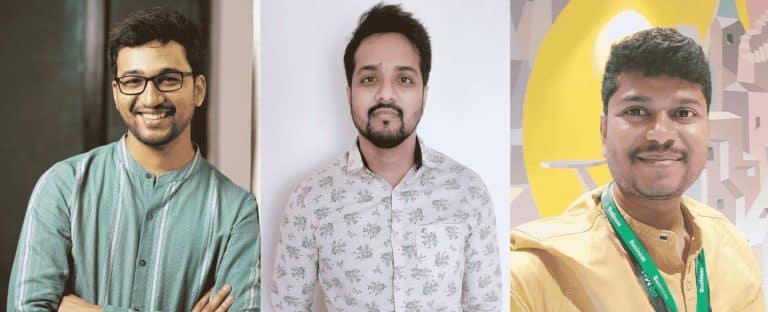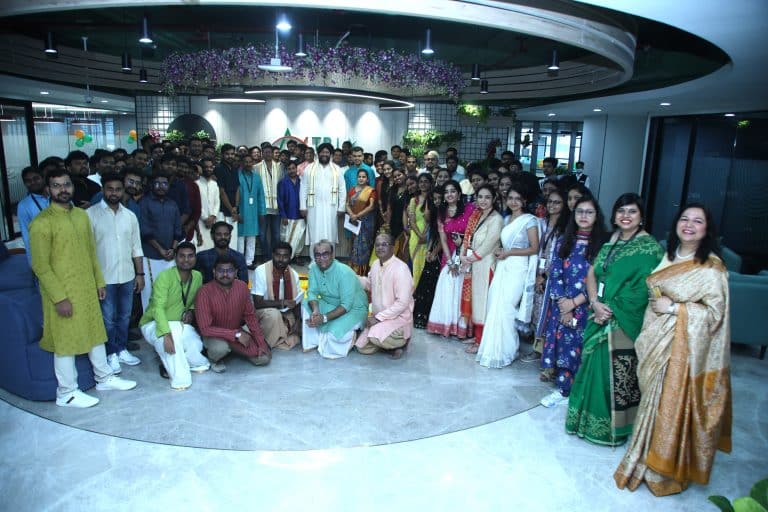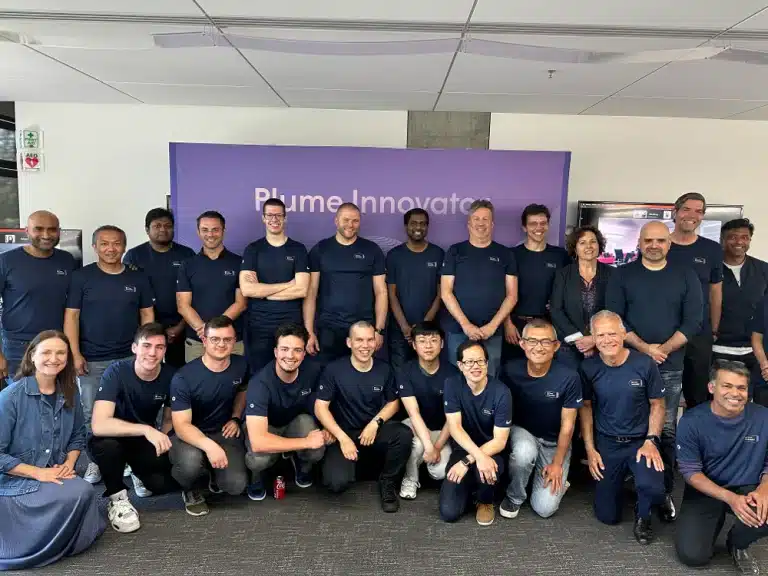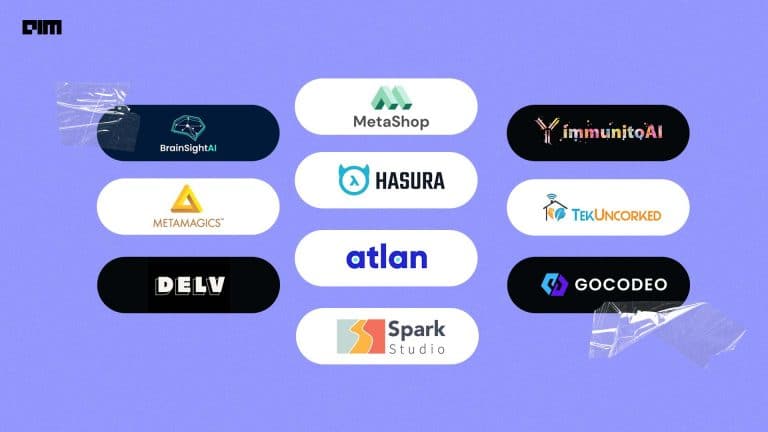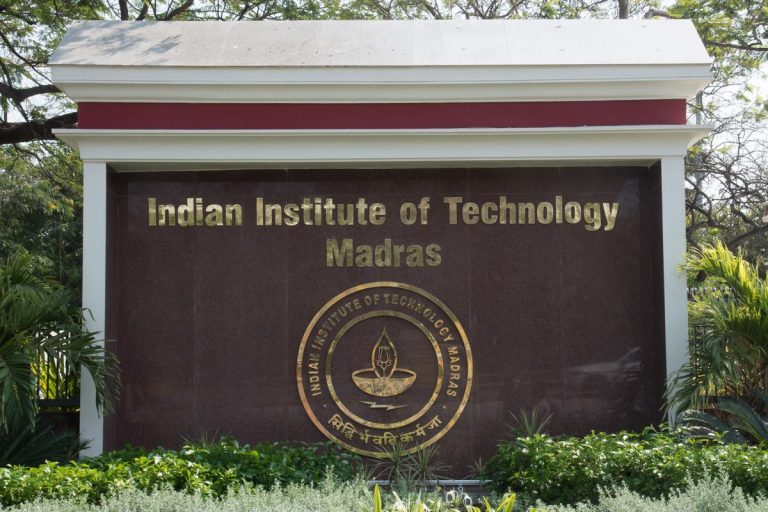Entrepreneurship is a difficult journey. It comes with a high degree of uncertainty and unpredictability—that makes it different from the conventional 9 to 5. Though many of us dream of building something that we can truly call our own, very few can make that transition successfully.
There is intense competition among start-ups in the analytics and AI space due to the huge opportunities the sector provides. To motivate more and more people to take a plunge towards building their own ventures in this domain, we will look at some successful entrepreneurial journeys.
Today, we look at the journey of Venkat Raman, co-founder of Aryma Labs, a data science consulting firm, and understand what it is to build an analytics firm in the present scenario.
Never easy quitting a well-paying job
Raman comes with eleven years of industry experience in software engineering, industrial engineering, marketing and advertisement, with a strong background in statistics.
“It is never easy quitting a well-paying job. My co-founder Ridhima Kumar had started Aryma Labs a year before I joined,” adds Raman. The motivation behind starting Aryma Labs came from the realisation that many companies have huge troves of data but don’t know how to extract actionable insights from it. There is also a shortage of talent who know how to apply data science to business problems correctly. This void led to the creation of Aryma Labs.
Aryma Labs is a data science start-up that specialises in three core areas of market effectiveness, time series forecasting and NLP. “We aim to deliver efficient machine-learning-powered solutions to clients that genuinely deliver value in the long run. We provide these solutions across different domains and industries – CPG, manufacturing, e-commerce, supply chain, travel and hospitality,” added Raman.
A huge dearth of good data scientists
Raman feels that the biggest challenge he has experienced along with Kumar is hiring and the current COVID-19 situation (which has impacted many sectors severely, globally).
He states, “We have the numbers, but the quality is simply not there. Picking a good data scientist is literally like hunting for a needle in a haystack.”
As data scientists form the heart of any analytics company, Raman had to dig deep to solve the issue of hiring quality data scientists. The company has streamlined its process to allow for quicker interviews. They hire people with good aptitude and then train them on statistical concepts. Sometimes, this also calls for unlearning the wrong things they learnt. Once they have suitably trained the interns and employees, they are put on real projects.
First year is the biggest litmus test of an entrepreneur’s grit
As a young founder, Raman puts down some important lessons he has learnt in the last two and half years of starting up. They are:
- Patience – Patience is a virtue in this day and age of instant result expectations. As a young co-founder of a bootstrap start-up, he realised that patience is key.
- Survive and never give up – The first year or so is the biggest litmus test of an entrepreneur’s grit and resolve.
- Once the chasm is crossed, things get progressively easier.
Imperative to know your craft
If someone wants to start a data science consulting company, having sound knowledge of statistics/machine learning and solid domain expertise is mandatory for the venture to take off. “The team grows around you much like a crystal grows around the first crystal particle,” adds Raman.
Data science as a field will move towards a policy of ‘Do more with less”
Raman feels that given the impetus on having a lower carbon footprint, data science as a field will move towards a policy of ‘Do more with less”. It means that we will go back to core statistical techniques. Statistics has a history of emphasising the parsimony of models. In the 20th century, this emphasis was more due to technical constraints. But in the future, it will be for reasons such as carbon footprint and data privacy, among others.






